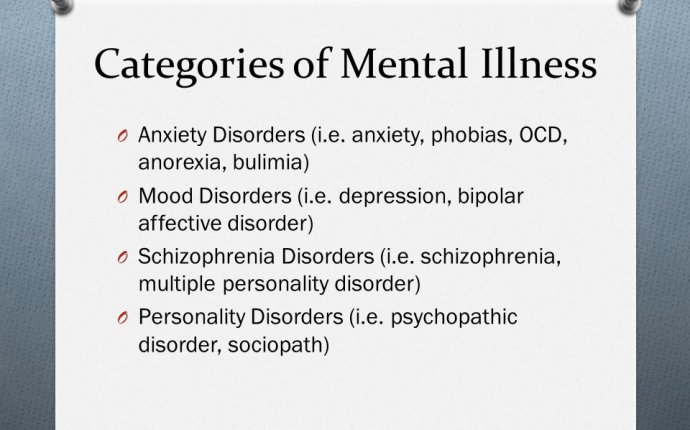
Types of psychopathic Disorders
 The definition of a psychopath and causes of psychopathy are sometimes argued about in scientific circles, but understanding the symptoms and signs of a psychopath is possible. Psychopathy causes may include genetics and early life factors and the signs and symptoms of a psychopath are typically noticeable before a psychopath's 16th birthday as these symptoms are thought to be fairly stable across the lifetime. Learn more about psychopathy below.
The definition of a psychopath and causes of psychopathy are sometimes argued about in scientific circles, but understanding the symptoms and signs of a psychopath is possible. Psychopathy causes may include genetics and early life factors and the signs and symptoms of a psychopath are typically noticeable before a psychopath's 16th birthday as these symptoms are thought to be fairly stable across the lifetime. Learn more about psychopathy below.
Definition of Psychopathy
The definition of psychopathy can be challenging as depending on the researcher, psychopathy is defined slightly differently and often many psychopathic traits are taken into account. That said, a simple definition of psychopathy is provided by the Society for the Scientific Study of Psychopathy. Psychopathy is:
"A constellation of traits that comprises affective features, interpersonal features, as well as impulsive and antisocial behaviors. The affective features include lack of guilt, empathy, and deep emotional attachments to others; the interpersonal features include narcissism and superficial charm; and the impulsive and antisocial behaviors include dishonesty, manipulativeness, and reckless risk-taking. Although psychopathy is a risk factor for physical aggression, it is by no means synonymous with it. In contrast to individuals with psychotic disorders, most psychopaths are in touch with reality and seemingly rational. Psychopathic individuals are found at elevated rates in prisons and jails, but can be found in community settings as well."
Causes of Psychopathy
No one knows exactly what causes psychopathy but it is likely a combination of genetics, environmental and interpersonal factors. For example, children of psychopaths are more likely to be psychopaths themselves, suggesting genetic influence.









